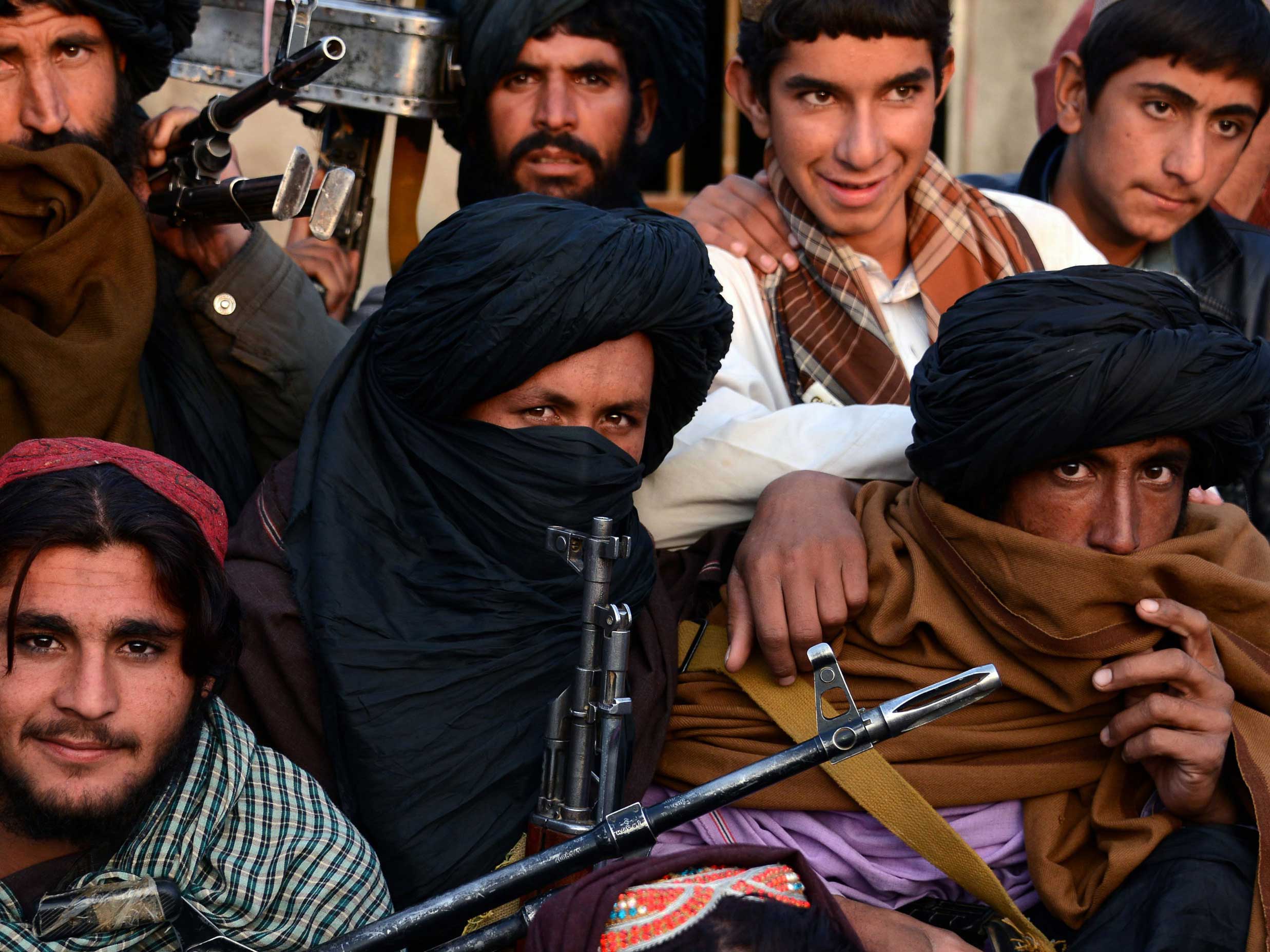Taliban splinter group calls for peace talks with Afghan government
It is unclear how much support within the insurgency the new faction has

A new Taliban splinter faction has claimed it is ready to engage in peace talks with the government and that it would allow women to be educated and to work.
If genuine, the announcement suggests a distinct split with the insurgents’ core leadership. “We have realised this now, that under an Islamic system all rights of human-beings – both men and women – need to be implemented 100 per cent,” Abdul Manan Niazi, the deputy head of the break-away group, told the BBC’s Dari service. The group emerged last week at a meeting of Taliban fighters in western Farah province, appointing a former Taliban governor, Mohammad Rasool, as its leader. It is unclear how much support within the insurgency the new faction has. But it does represent a direct challenge to Akhtar Mohammad Mansour, who took control of the movement after it emerged this summer that the Taliban’s supreme leader, Mohammad Omar, had been dead for more than two years.
The faction is the latest sign of the deepening divisions inside the Taliban, which has steadily fragmented throughout this year. Some Taliban commanders have drifted away from the movement’s core leadership, based in the Pakistani city of Quetta, running operations or securing funds on their own. Others have defected and joined Isis. The splintering, as well as the violence, have increased following the announcement of Omar’s death, as many Taliban rejected the swift ascension of Mansour.
The new faction, reportedly filled with influential Taliban figures, is believed to be the first formal split inside the movement since it emerged in the mid-1990s and seized power in 1996.
It has a tough task ahead. Mansour is widely thought to have strengthened his hold on the movement with recent military victories, in particular the 15-day seizure of the north-eastern city of Kunduz, the first major urban area to fall to the insurgents since 2001.
On Sunday, Rasool’s group sought to portray itself as more open-minded than the core leadership. In the BBC interview, Niazi, a former Taliban governor said the group did not approve of the use of suicide bombings and other types of attacks on Afghan military and civilian officials.
“From now on, we Afghans are not in favour of revenge seeking,” Niazi said. He added that the recent Taliban attacks in Kabul and the takeover of Kunduz in late September had been “launched for Mansour’s personal power”.
© The Washington Post
Subscribe to Independent Premium to bookmark this article
Want to bookmark your favourite articles and stories to read or reference later? Start your Independent Premium subscription today.

Join our commenting forum
Join thought-provoking conversations, follow other Independent readers and see their replies